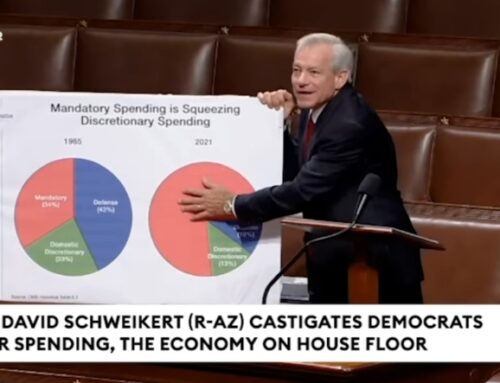The Virginia Tea Party Patriots Federation has joined over 150 national and state-level think tanks, advocacy groups, state legislators, bloggers, and talk show hosts in strongly opposing the Obama Administration’s proposed “Net Neutrality” regulatory efforts. A letter outlining clear reasons for universal opposition had been circulated by Americans for Tax Reform, and was released and forwarded to the FCC yesterday.
As we’ve seen repeatedly, the Administration’s laser-like focus on control has once again inspired a selective view of past laws and court decisions. These are, after all, the same people who constantly label past (inconvenient) standards as dated, archaic and unable to address the complexities of today’s world. Yet, in order to overcome both popular protests and legal obstacles, the Administration has gone back 77 years to dust off regulations drafted to address telephone monopolies. Using regulations that removed price controls and centralized manipulations, the Obama administration is attempting to inject higher costs and less freedom into what is truly the last frontier of communications freedom in the world today.
Please join us by contacting, politely but with clear intensity, your elected officials at every level, urging their strident opposition to this added control of the very minutes of our daily lives. Here is the letter we signed onto:
We the undersigned, representing millions of American citizens, write in strong opposition to the Federal Communications Commission’s (FCC) effort to regulate the Internet.
Over the past 25 years, the Internet has flourished in large part due to the extremely limited role that government has played. In less than a decade, the private sector has expanded broadband Internet access to over 95 percent of American households. Since 2004, the price to access the Internet has dropped by 23 percent, while during the same period overall consumer prices have trended upward.
Despite universal acknowledgement that Americans enjoy a free, open, and vibrant Internet, the FCC is relentlessly pursuing a massive regulatory regime that would stifle broadband expansion, create congestion, slow Internet speeds, jeopardize job retention and growth, and lead to higher prices for consumers.
We oppose the FCC’s effort to regulate the Internet under Title II of the Communications Act of 1934, which was written during the depression era to regulate telephone monopolies – 60 years before the Internet was ever conceived. These proposed regulations would permit the FCC to dictate how the networks that serve as the backbone of the Internet are managed, thereby removing incentives for further investment and opening the door for price setting or future regulatory action. It could also remove the ability for parents and ISPs to prevent inappropriate material from entering the home. This regulatory “reclassification” would effectively turn innovative private Internet services into a public utility.
Earlier this year, a U.S. Court of Appeals found that the Commission was attempting to “shatter” the bounds of its legal authority by trying to enact Net Neutrality regulations without Congressional authority. We view this renewed effort by the FCC to reclassify the Internet under Title II as even more unfounded and onerous.
By pursuing Title II reclassification, the Commission is turning its back on years of precedent set by multiple U.S. Congresses, presidential administrations, the FCC’s own rulings, and the U.S. Supreme Court, which all found that the Internet should remain unregulated. Even more disconcerting, the Commission’s actions show complete disdain for strong bipartisan opposition voiced by a vast majority in Congress and the American people.
Placing the nation’s 21st century communications system under a pre-World War II law is the wrong approach to continuing broadband Internet expansion and adoption. The Internet has never been a regulated utility and we urge you to keep it that way by rejecting so-called “Net Neutrality” regulations on the Internet and the proposed Title II reclassification.





